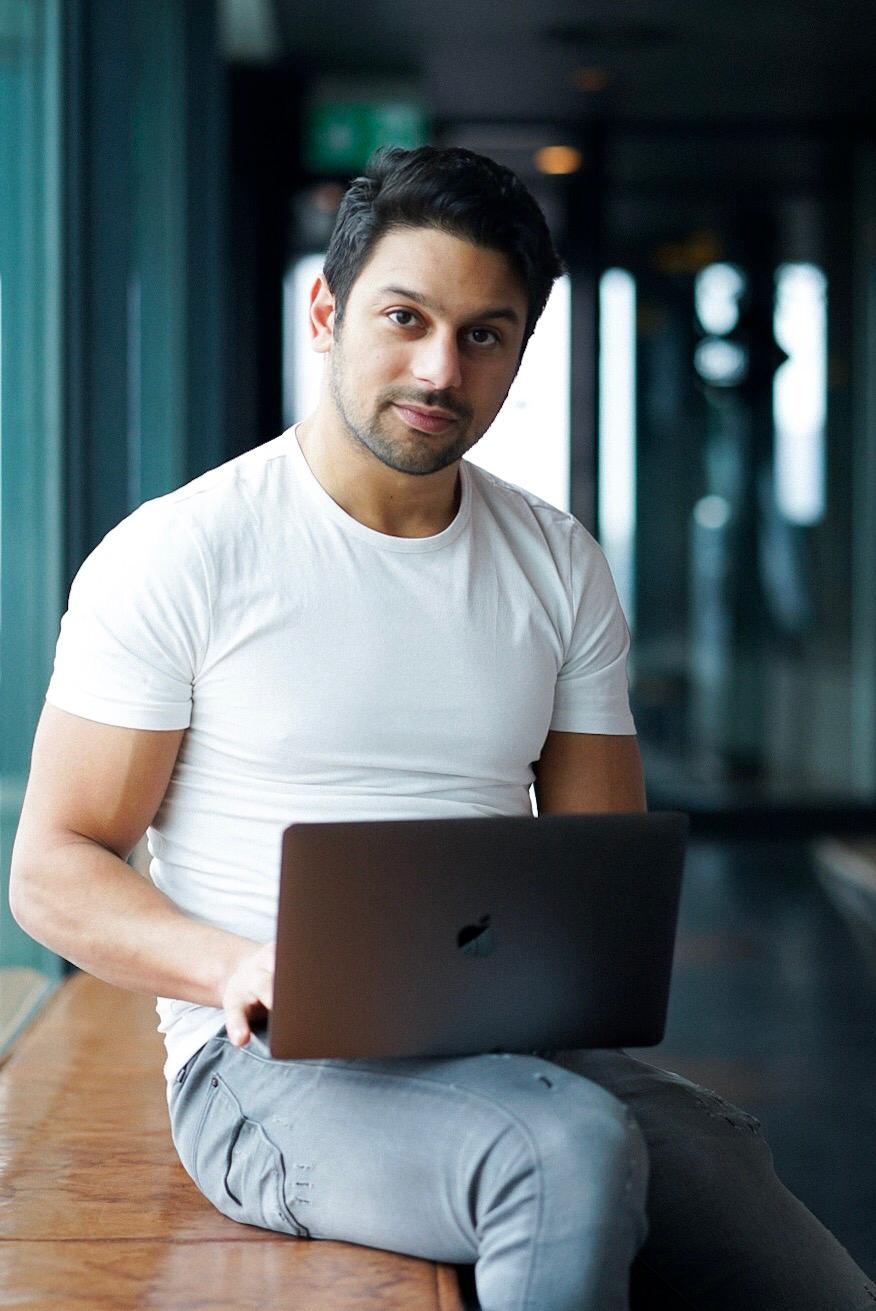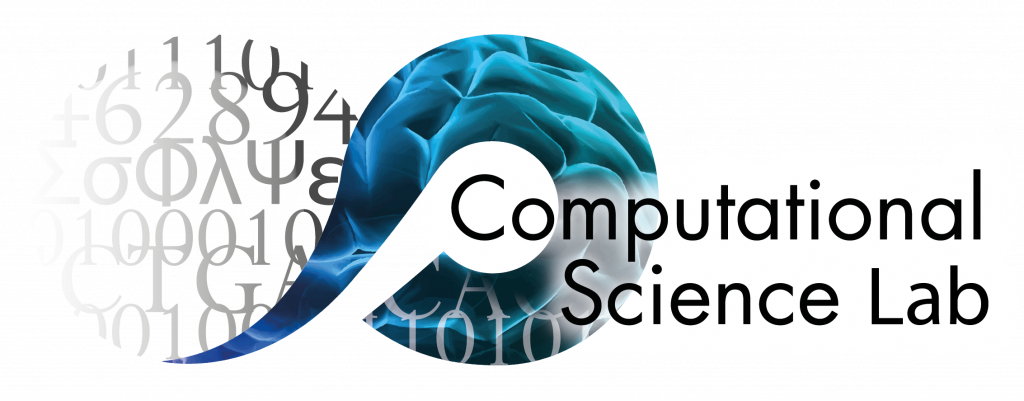
Nizar El Mahjoubi
I just finished my first year of the Computational Science program in Amsterdam. My background (BSc) is in Economics and Business at the University of Amsterdam with a specialization in Business. Furthermore, I have worked as an online marketeer and then as a data analyst throughout my studies. During my bachelor’s, I did a minor in programming at the University of Amsterdam.
In the last year of my bachelor’s, I was looking for a master’s program which would inspire me and open new doors for me. I didn’t want to continue with a master’s in business administration since I believed that this would not add sufficiently to my knowledge and I would not acquire enough skills to justify one or two extra years of study. During the information evening of the master Computational Science, I heard about a research which greatly inspired me. A student pursuing his PhD in Computational Science told us about the research he was doing at the University of Amsterdam. If I recall correctly, he told us about a virtual patient he created and of which he studied the immune system. In fact, the student was researching the effect of different treatments on the immune system of an individual infected with HIV (or aids). At this point of my academic and professional life, this sounded like magic. I started to acknowledge the possibilities (in any field) of computational science and I applied for the master’s programme.
Fortunately, I got accepted and then the adventure started for me. Coming from a non-beta background, I was afraid I wouldn’t be able to follow sufficiently with the level of mathematics involved with the master’s. However, enough resources were available to succeed in the different endeavors I undertook (and mainly the three mandatory courses). One of the resources which greatly helped me in succeeding the Numerical Algorithms course was the availability of a mathematics tutor specifically for the master’s. With those hurdles set aside, I had a lot of freedom in choosing different courses which interest me. This made this year a lot of fun. Moreover, the courses are spread over two different universities with two different manners of teaching which was also very interesting to me.
Next year, I plan to do research in Russia in the context of the Computational Science end project. When I spoke to Mike Lees about this wish, he was very supportive and directly told me how to go about making this wish a reality. Now I’m in contact with a partner university in Saint Petersburg, Russia. There are several universities throughout the world that are happy to welcome students from the Computational Science program in Amsterdam, this is good to know for students with international aspirations.
All teachers are experts in their respective fields with strong international reputations. I have to be honest in that not all of them are cut out for teaching but they are quasi-irreproachable knowledge-wise. You can never learn enough during this master’s program since the teachers will always be able to direct you toward more resources to acquire more and more knowledge.
Finally, the versatility of this master’s program is also an important part of its quality. The skills learned during this master’s are applicable in many different disciplines, ranging from finance to crowd dynamics.
